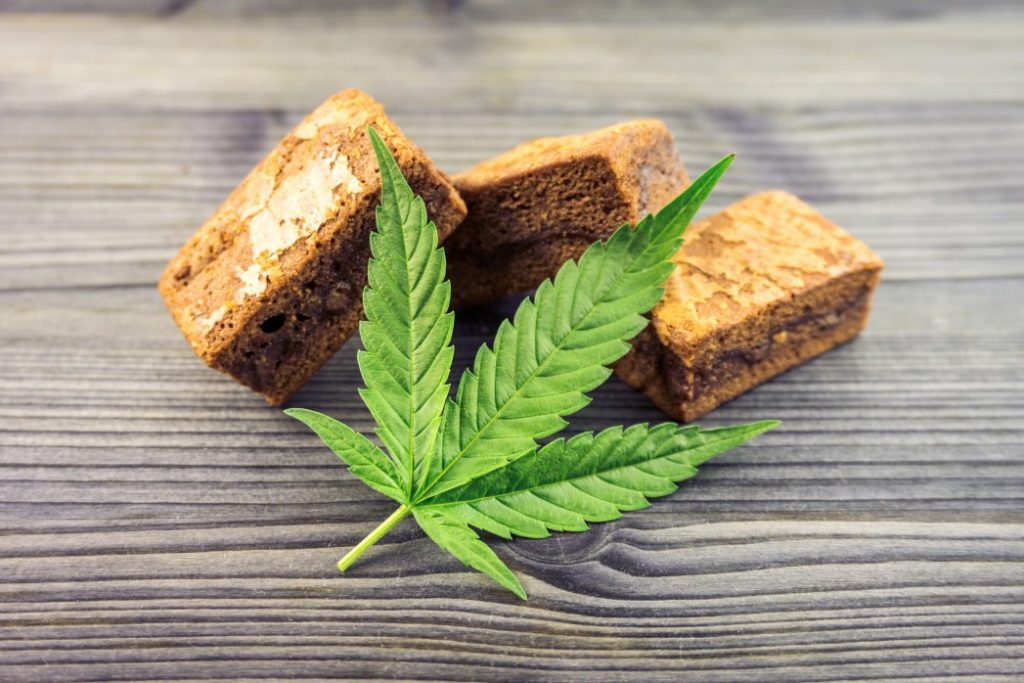The active ingredient THC triggers cravings and can thus greatly stimulate the appetite. These have been proven by various scientific studies. In contrast, THC-free products from the hemp plant have a positive influence on the sugar metabolism and on the fatty tissue. As a result, there is weight loss.
In laboratory tests, Korean scientists have found that the CBD can stimulate the proteins that are important for weight loss. This leads to the assumption that the ingestion of cannabidiol can have a positive effect on the process of fat loss. The studies also led to further findings:
- CBD activates genes and proteins that support fat burning.
- CBD curbs protein activity, which stimulates the growth of fat cells.
- CBD both increases the number of mitochondria and increases their activity. Mitochondria are the power plants in cells.
The last point in particular is very important, because the mitochondria are important for the human body as they provide it with sufficient energy. The adipose tissue in the cells differs in both color and function. Experts speak of white and brown fat here.
The brown fat has a considerable influence on the various metabolic functions.
In combination with the right diet and sufficient exercise, hemp oil and CBD products can support the conversion of white fat into healthy brown and promote the activation of brown fat cells. In studies, connections between white fat cells and weight gain as well as heart problems have long been recognized. The brown fat cells, on the other hand, can significantly increase energy consumption, so that everyone can do something significantly for the health of their body and thus weight loss is easier.
How Can CBD Help with Diabetes?

In 2016, 62 subjects were examined as part of a pilot study. The aim was to determine how cannabinoids affect the blood count of people with overweight and type 2 diabetes. For this purpose, the subjects were divided into three groups. One group received CBD, another group received the cannabinoid tetracannabivarin, and the third group received a placebo. After 13 weeks, the subjects’ blood was examined again.
The group with the active ingredient tetracannabivarin showed the following results:
- The fasting blood sugar could be reduced significantly.
- The insulin-producing cells in the pancreas improved measurably.
- The group with the ingredient CBD showed the following results:
- The glucose-dependent insulinotropic peptide (GIP), which stimulates insulin release from the pancreas, was influenced.
- The hormone resisting was inhibited. The researchers connected this with the development of obesity and diabetes.
The study thus made it clear that both CBD and other cannabinoids have a positive influence on diabetes. A number of studies and research are still needed to learn more about it.
